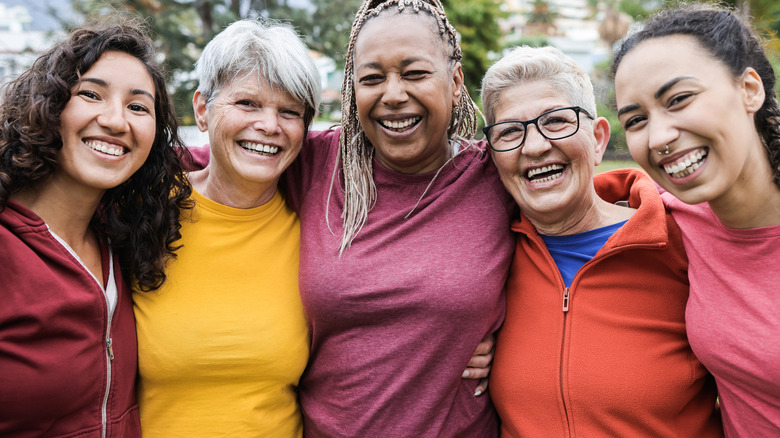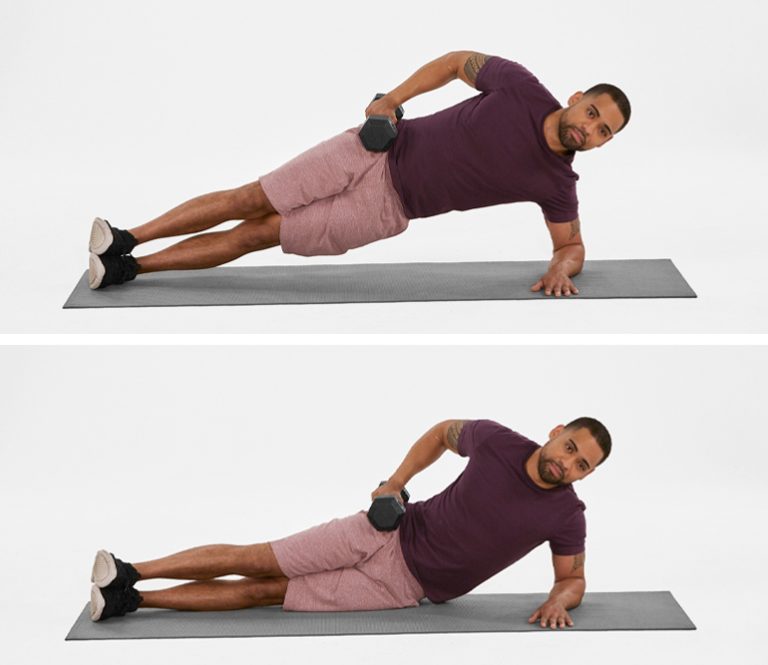It’s not always easy to get into your scheduled workout. You might not feel motivated, have a full calendar, or feel tired. There are endless excuses to skip a workout, but you might think twice about it if you’re working out with a friend, according to experts.
Healthcare professionals say social interaction can definitely play a role in fitness motivation. Researchers have studied the benefits of exercising with one or more companions since the late 1800s. The 1898 Triplett Study looked at the speed and race time of adult cyclists outside the lab and the performance of children given a physical task in a lab setting. The outcomes of each event showed conclusively that both children and adults improve performance and put in more effort when peers are present than when they are alone. Northwestern Medicine agrees, saying that social communities can help you lose weight and support your fitness goals by providing encouragement and motivation, holding you accountable, and challenging you to do your best.
Work out with a partner at a similar fitness level for the most benefits
Noah Neiman, a co-founder of Rumble Boxing in New York City, says our peers can motivate us to stick to a fitness schedule and spur us to work out harder and longer because humans are communal, and we are most comfortable in groups (via Healthline). “Numerous studies show that having a strong peer group has noticeable effects on our physical health and psychology,” he said. “It’s important to exercise and it’s important to get your social time in.”
A 2018 review in the Journal of Sports Sciences found that 16 out of 18 studies showed improvement in physical activity levels and more physical benefits when peers were present, whether the peers were actively engaged in the physical activity with subjects or were just lending advice and support without physical participation.
But there’s a caveat to working out with friends. Matthew Stultz, Ph.D., an exercise physiologist at Yale New Haven Hospital in Connecticut, acknowledges the benefits of social interaction in fitness motivation, but he also says it can backfire (per Healthline). For example, if your workout partner is in worse shape than you, you may feel compelled to slow your pace so they can keep up. To get the most benefits out of fitness with friends, Stultz says, “I suggest that you work out with someone similar to you and with similar goals, fitness level, and drive, or be willing to step up to that level soon.”








